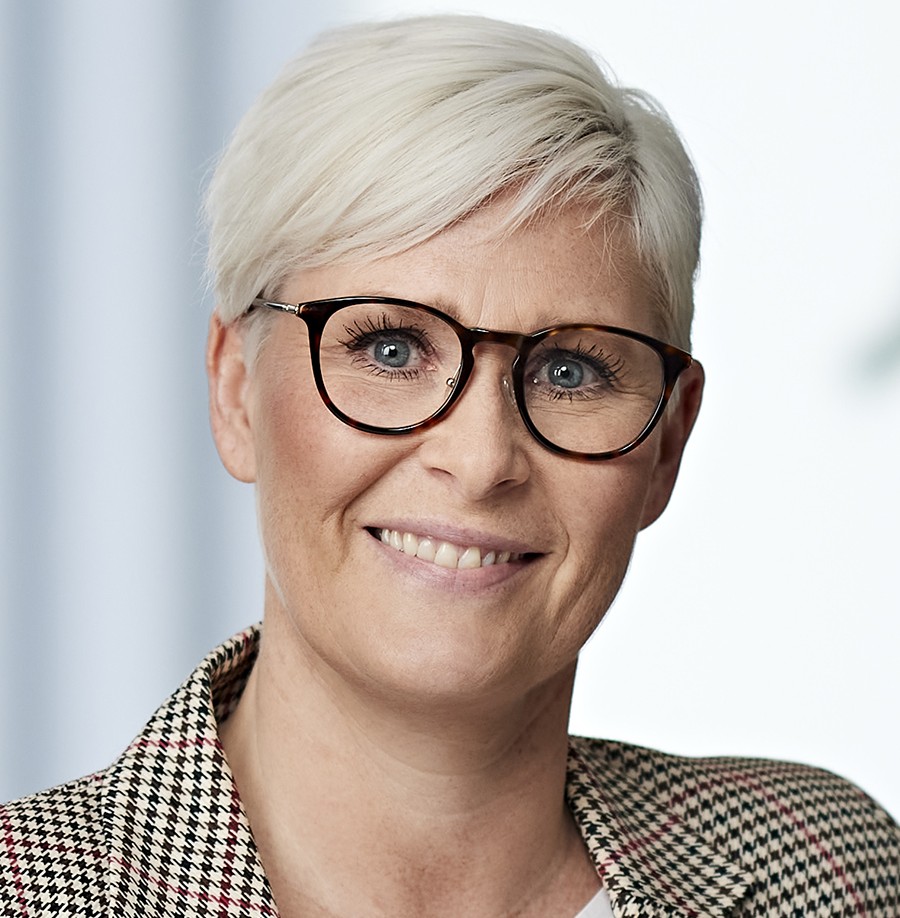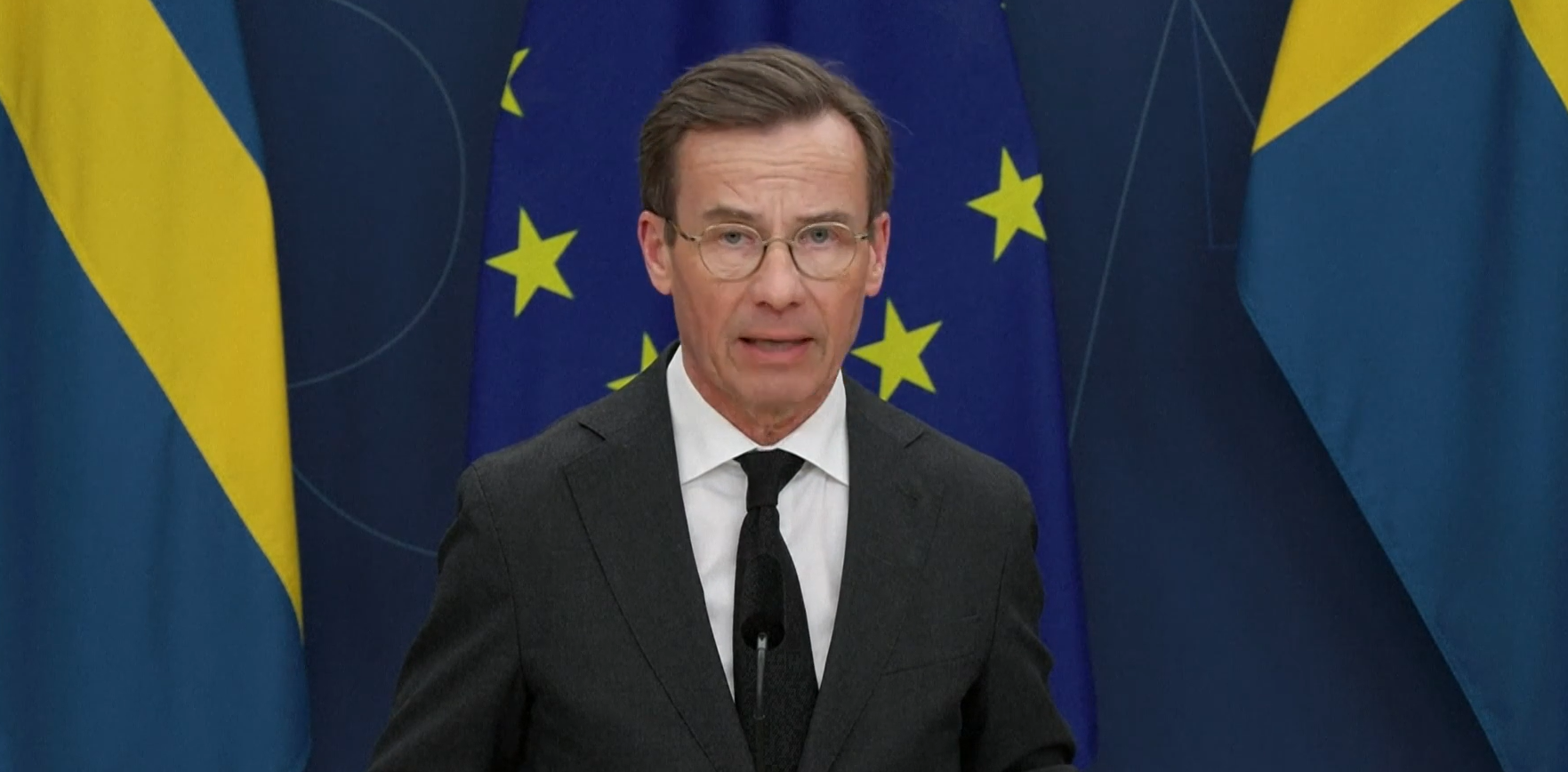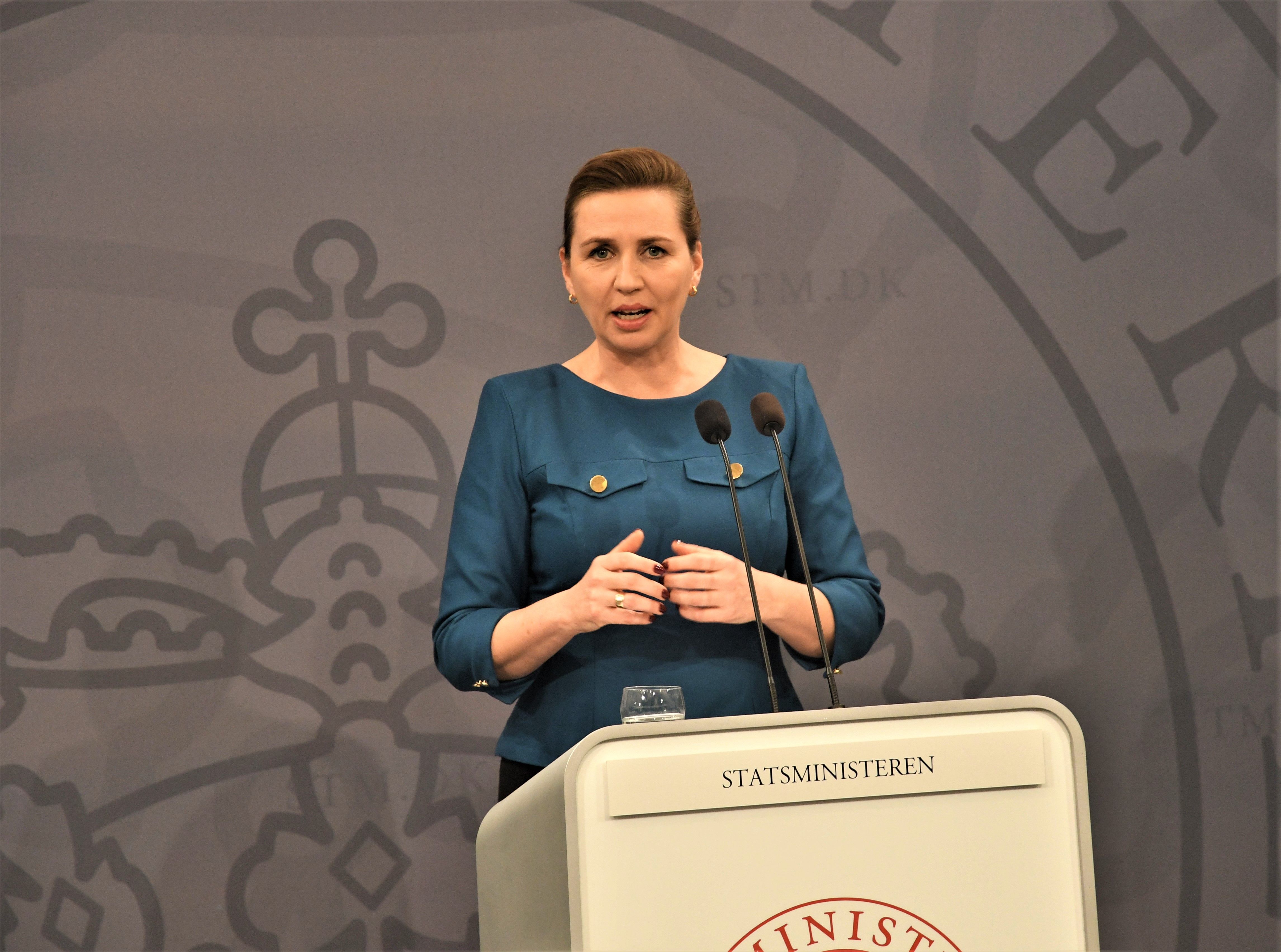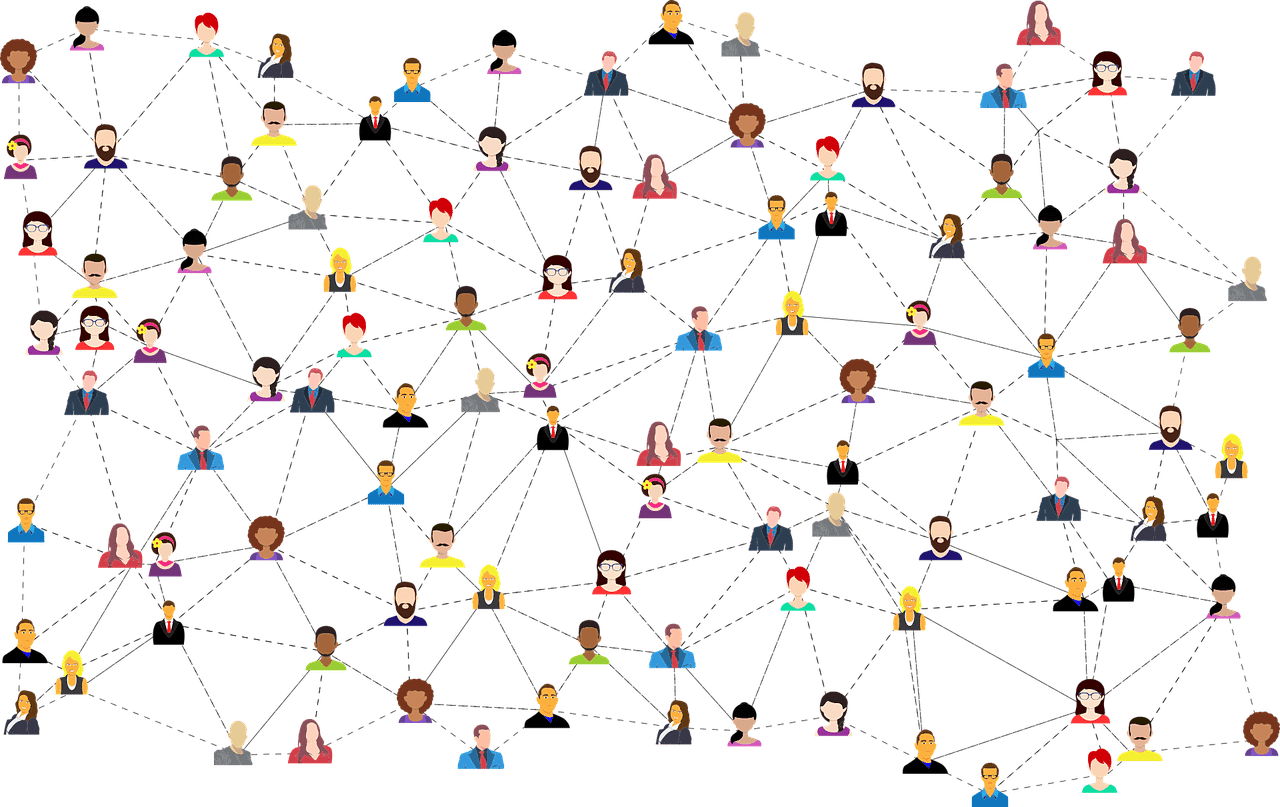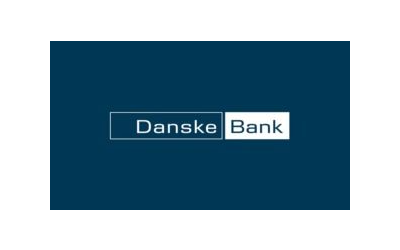Fertility clinics are demanding that the government change the law and allow greater compensation for egg donations, according to Berlingske newspaper.
Danish law states that ova and sperm donors may only be compensated with 500 kroner, but an investigation by Berlingske revealed that clinics were routinely giving women more to adequately compensate them for helping them meet the high demand for eggs.
The law limiting the financial compensation for donations is to prevent the creation of a commercial trade in human tissue, health minister Astrid Krag (Solcialistisk Folkeparti) said.
“It is vital that that we don’t turn [eggs] into commodities,” Krag told Berlingske. “People should not start to donate their eggs because of financial hardship.”
But Peter Lundstrøm, who runs Fertilitets Klinikken IVF in Ballerup, argues that the remuneration for women is far too low given the time, pain and inconvenience that egg donation incurs.
“There is a religious and ethical misunderstanding that has led to something as unpleasant as having an egg removed being compared to sperm donation,” Lundstrøm said.
Female donors have to take a course of hormones to encourage their ova to mature, go to clinics for several meetings and ultrasounds before the eggs are finally removed using a thin needle inserted into an ovary.
The 500 kroner compensation would not, in many cases, cover the costs of the women's transport to and from the clinic, or their lost earnings. The procedure is painful and women are expected to take at least a day off work for the procedure.
In order to encourage women to donate, Berlingske reported that many clinics bend the rules and give women 500 kroner every time they attend the clinic. Others pay women as much as 5,000 kroner and make the women sign a contract saying that the sum was equal to the costs incurred by the women because of the donation.
Restrictions on egg donations were recently loosened after the government passed a law allowing women to donate eggs to couples or individuals that they know. Donations previously had to be made anonymously.
While the law change was designed to increase the number of egg donations, the association of Danish fertility clinics, Dansk Fertilitetsselskab, thinks that it is necessary to increase the compensation clinics can give women in order to increase donations.
Several political parties, including Venstre, Socialdemokraterne, Konservative and Radikale, agree that the terms should be reconsidered.
“I think it is very wrong that we equate [egg donation] with men spending five minutes alone and re-emerging with a filled container,” Konservative health spokesperson Benedikte Kjær told Berlingske. “It must have been a man, who knows nothing about the inconvenience women have to go through, who wrote these compensation rules.”
The question of what is an appropriate level of compensation level for egg donors is a recurring debate. In May, the government’s ethical council, Det Etiske Råd, stated that while the compensation model needed to be revisited, it warned against fully commercialising the trade in eggs and sperm.
“We need to maintain the Danish tradition that there is no economic incentive for donating eggs, sperm, blood or organs,” chairman Jacob Birkler told Jyllands-Posten.


